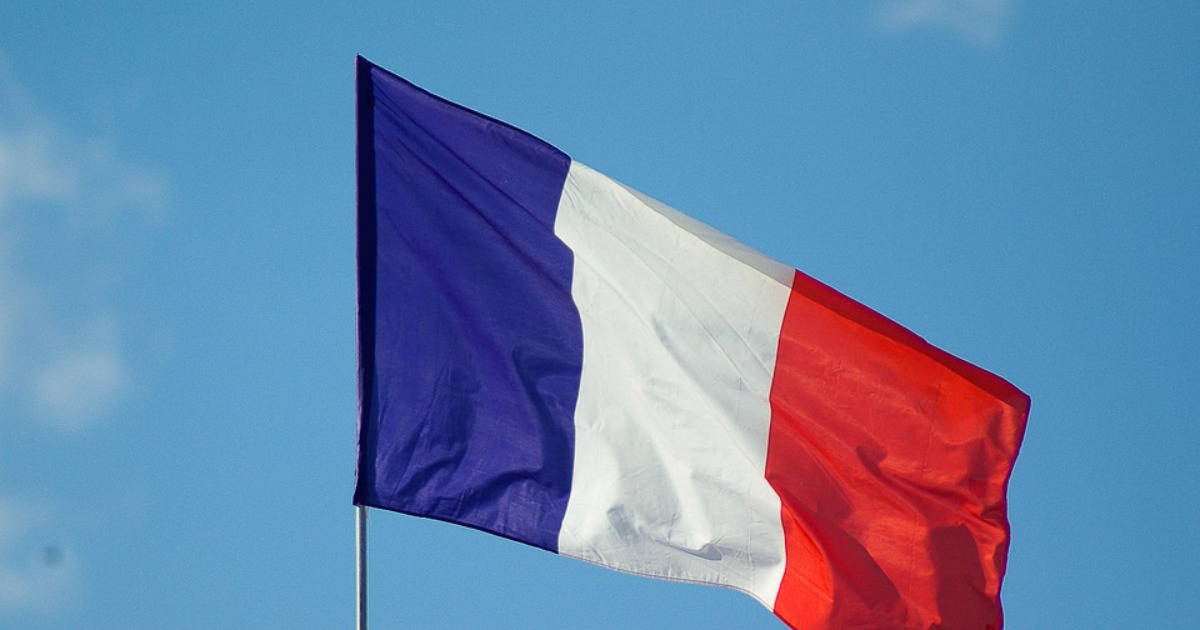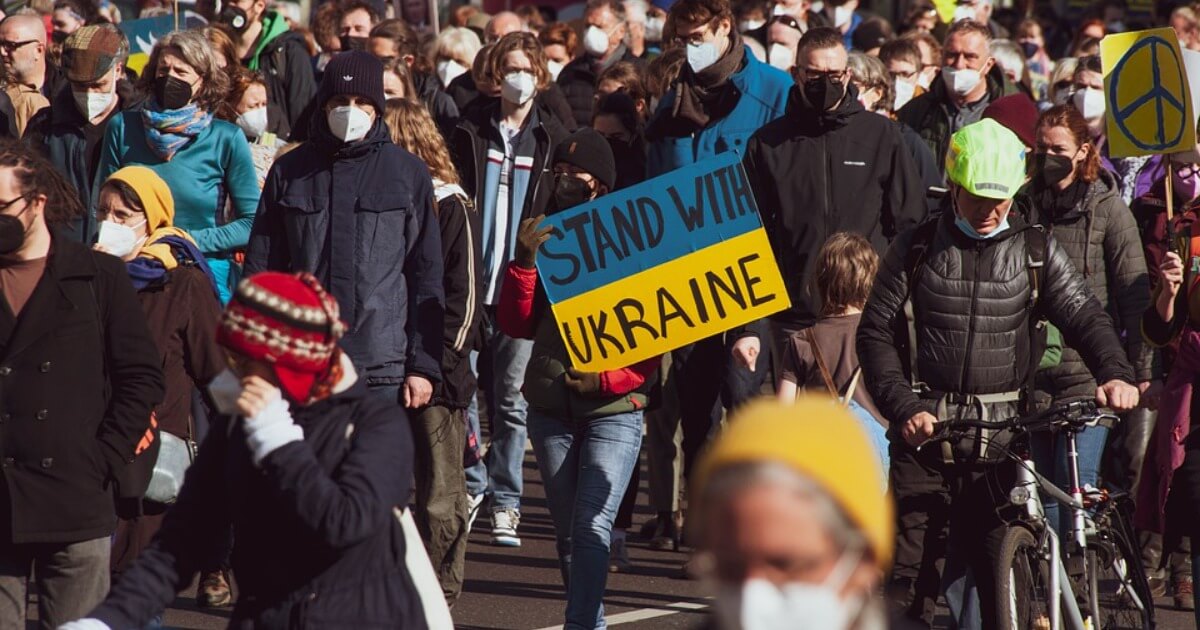
A Strategic Assessment Memo (SAM) from the Global Ideas Center
You may quote from this text, provided you mention the name of the author and reference it as a new Strategic Assessment Memo (SAM) published by the Global Ideas Center in Berlin on The Globalist.
Le Bugue, Dordogne. At present, there is much ponderous pontification about the state of France. Two key questions: Is France becoming ungovernable under an unpopular, unwanted President?
And is that president, consciously or not, opening the doors of power to the far right?
France’s big divide
The French like to draw a distinction between the cosmopolitan cities of France, along with its clever graduates of the grandes écoles that produce the nation’s elites and la France profonde.
The latter is a reference to the France of many small towns and myriads of villages, which often still have their own local mayor.
All of these communities are deeply rooted in the French countryside. Many of them face serious economic pressures.
Taking stock in La France Profonde
Le Bugue on the Vezère river is in the heart of the Dordogne. A small town of 3,000, it is a prime example of la France profonde.
In the summertime, like many of its surrounding towns, it holds a weekly marché nocturne – street stalls offer food in the public squares as local accordion players belt out the old tunes. Each commune takes its turn to host those evenings.
Still very French
The houses in the town are all owner-occupied, there are few immigrants to be seen. There is no mosque, not even a couscous restaurant which is generally as ubiquitous in French towns as a curry or Chinese eatery is in Britain.
The politics are middle of the road. Mayors get elected because they are known locally, independent of party affiliation.
No more church-centered
Le Bugue is a market town for local farmers and a good place to live for the professionals who service the agricultural and tourist economy. It has one French supermarket, as well as a Lidl and an Aldi.
It has no resident priest but is on a circuit of small Dordogne towns where a priest tries to visit weekly to say mass. Evidently, the church as a center of life in la France profonde is no more.
Officially there are 45,00 parishes in France. However, only 88 priests were ordained in France last year.
Marine Le Pen’s National Rally in the provinces
In the National Assembly election that President Macron had abruptly called for July, half-way through the parliament’s five-year term, voters in Le Bugue gave most votes to the far-right candidate from Marine Le Pen’s National Rally (NR).
The National Rally thus now holds the area’s parliamentary seat in Paris. Curiously, the member of parliament is a Paris-based woman who apparently never showed her face in Le Bugue.
How Bardella plays off Macron
Instead, her election campaign focused on big pictures of Madame Le Pen and the new star of the French right, the telegenic Jordan Bardella. At 28 years of age, he is always smiling, well-dressed and very fluent in words – if very right-wing in his views on policy.
Bardella can’t really answer tougher economic or foreign policy questions. Even so, he manages to exude a very polished form of smoothness as he attacks Macron’s policies.
Bardella’s rhetoric benefits from the fact that many of those presidential policies have alienated working class or public service voters.
Bardella and Marine Le Pen have dropped all the far-right’s former hostility to the EU since Brexit, and instead just talk of restoring national pride.
The hard left’s leader promulgates anti-semitic trope
On the left, Jean-Luc Mélenchon is leader of the biggest group of French deputies. He makes a habit of denouncing Jewish socialists.
Case in point: The former Finance Minister Pierre Moscovici is characterized by stating “he doesn’t think like a Frenchman but in the language of international finance” – an age old anti-semitic trope.
Disillusioned with politics, but why?
The Mayor of Le Bugue since 2020, Serge Léonidas is a retired railway worker who was active in his trade union. His family has lived in Le Bugue for generations and those links matter more than his socialist label.
The mayor says all the parties and presidents in the last 20 years “failed to keep their promises. There is plenty of money in France, but it is unequally shared.”
Gabrielle Merchez, a retired teacher and translator, who in a UK context would be seen as a devoted reader of The Guardian’s opinion pages, for her part is not happy with the French left. “Compromise and reform are still swear-words for the left in France,” she says.
Who represents France now?
When Marine Le Pen came top in the European Parliament elections in France early in July, she grandly announced she now represented France. She came at the top in the same elections in 2019.
Everybody assumed the vote in the elections to the European Parliament would be seen, as it essentially is in all EU member states, as a protest vote against the incumbent government – and would soon be forgotten.
Macron’s lonely decision
But that is not how Emmanuel Macron saw it. With his limited experience in electoral politics, and forever prone to being a gambler, Macron decided to take Marine Le Pen at her word and dissolved the National Assembly.
He opted to have a new parliament elected which would produce a national government and prime minister with a majority to do – so he may have hoped – to do Macron’s bidding until he steps down in 2027.
Macron’s gamble worked in part. After all, French voters ultimately relegated Le Pen and Bardella to third place – though their RN won 50 more seats in the National Assembly than it had before.
Accordingly, French voters gave most but far from a majority of seats to a loose coalition of far left communist, socialist and green parties.
Echoes of the Fourth Republic
As a result, there is no majority in the National Assembly for any party or any prime minister. Macron’s gamble may have shown Le Pen and the extreme right to be not as popular as they thought – but at the price of creating an ungovernable France.
That situation is not unique to France. Indeed, it is the same as in many European countries. Britain is the only European nation at present where a single party has a commanding majority in its parliament.
Conclusion
Le Bugue is emblematic of much of France in that the outpouring of political commentary on the summer of elections in France seems faraway noise largely generated in Paris.
After all, political passions are for intellectuals, journalists and Paris-based politicians. For the rest of France, it is items like the local wines and delicacies, such as the foie gras and confit de canard of the Dordogne, that matter far more.
Takeaways
With his limited experience in electoral politics, and forever prone to being a gambler, Macron decided to take Marine Le Pen at her word and dissolved the National Assembly.
Macron’s gamble may have shown Le Pen and the extreme right to be not as popular as they thought – but at the price of creating an ungovernable France.
Britain is the only European nation at present where a single party has a commanding majority in its parliament.
Bardella can’t really answer tougher economic or foreign policy questions. Even so, he manages to exude a very polished form of smoothness as he attacks Macron’s policies.
Bardella’s rhetoric benefits from the fact that many of Macron’s policies have alienated working class or public service voters.
Political passions are for intellectuals, journalists and Paris-based politicians. For the rest of France, it is items like the local wines and delicacies that matter far more.
All the parties and presidents in the last 20 years “failed to keep their promises. There is plenty of money in France, but it is unequally shared.”
A Strategic Assessment Memo (SAM) from the Global Ideas Center
You may quote from this text, provided you mention the name of the author and reference it as a new Strategic Assessment Memo (SAM) published by the Global Ideas Center in Berlin on The Globalist.


